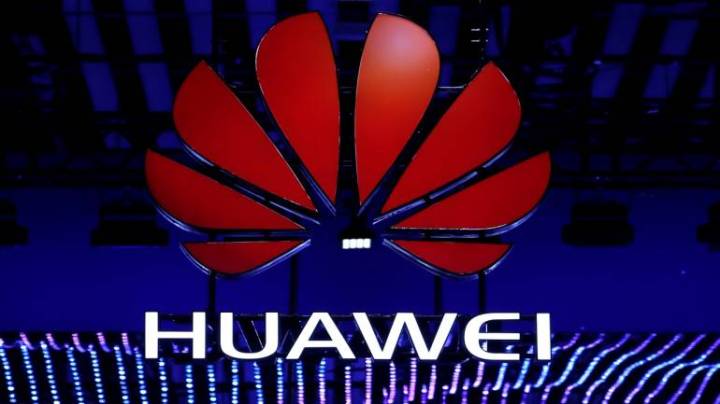The United States Department of Commerce has added a further 46 Huawei affiliates to its Entity List, a move the Chinese telecommunications technology manufacturer claims is politically motivated and has “nothing to do with national security”.
The US Department of Commerce’s Bureau of Industry and Security (BIS) said on 19 August it had identified 46 additional Huawei Technologies affiliates that “require inclusion on the Entity List,” as part of a routine review of all Entity Listings.
Since May, the Department has added over one hundred individuals or organisations to the Entity List in connection to Huawei. The new restrictions on the freshly identified affiliates are effective from 19 August.
Huawei was added to the US Entity List, which identifies foreign parties prohibited from receiving certain items from US-based organisations, after the Department of Commerce decided the company was “engaged in activities that are contrary to US national security or foreign policy interests”.
“We oppose the US Commerce Department’s decision to add another 46 Huawei affiliates to the Entity List,” Huawei hit back in a statement. “It’s clear that this decision, made at this particular time, is politically motivated and has nothing to do with national security.
“These actions violate the basic principles of free market competition. They are in no one’s interests, including US companies. Attempts to suppress Huawei’s business won’t help the United States achieve technological leadership,” the Shenzhen-based firm added.
“We call on the US government to put an end to this unjust treatment and remove Huawei from the Entity List,” it said.
While adding 46 new Huawei affiliates to the Entity List, the US Department of Commerce also granted a 90-day extension to the Temporary General License (TGL), authorising limited transactions involving the export of items by US companies to Huawei and its non-U.S. affiliates that are subject to the Entity List.
The Department said the decision to extend the TGL is intended to give US consumers the necessary time to transition away from Huawei equipment.
“As we continue to urge consumers to transition away from Huawei’s products, we recognise that more time is necessary to prevent any disruption,” Secretary of Commerce Wilbur Ross said. “Simultaneously, we are constantly working at the Department to ensure that any exports to Huawei and its affiliates do not violate the terms of the Entity Listing or Temporary General License.”
Huawei claimed that neither the expanded Entity List, nor the 90-day export licence extension will markedly affect its business.
“The extension of the Temporary General License does not change the fact that Huawei has been treated unjustly. Today’s decision won’t have a substantial impact on Huawei’s business either way. We will continue to focus on developing the best possible products and providing the best possible services to our customers around the world,” the company said.
Indeed, Huawei Chairman Liang Hua noted, “neither production nor shipment has been interrupted, not for one single day”.
Despite these claims, Huawei has taken significant action against the US Government over other moves to restrict its trade with US entities. Earlier this year, Huawei filed a complaint in a US federal court challenging the constitutionality of Section 889 of the 2019 National Defense Authorization Act (NDAA), which bars US Government agencies from buying Huawei equipment and services.
Through this action, Huawei sought a declaratory judgment that US restrictions targeting Huawei are unconstitutional, and a permanent injunction against these restrictions.
“The US Congress has repeatedly failed to produce any evidence to support its restrictions on Huawei products. We are compelled to take this legal action as a proper and last resort,” explained Guo Ping, Huawei Rotating Chairman, at the time.
“This ban not only is unlawful, but also restricts Huawei from engaging in fair competition, ultimately harming U.S. consumers. We look forward to the court’s verdict, and trust that it will benefit both Huawei and the American people.”

